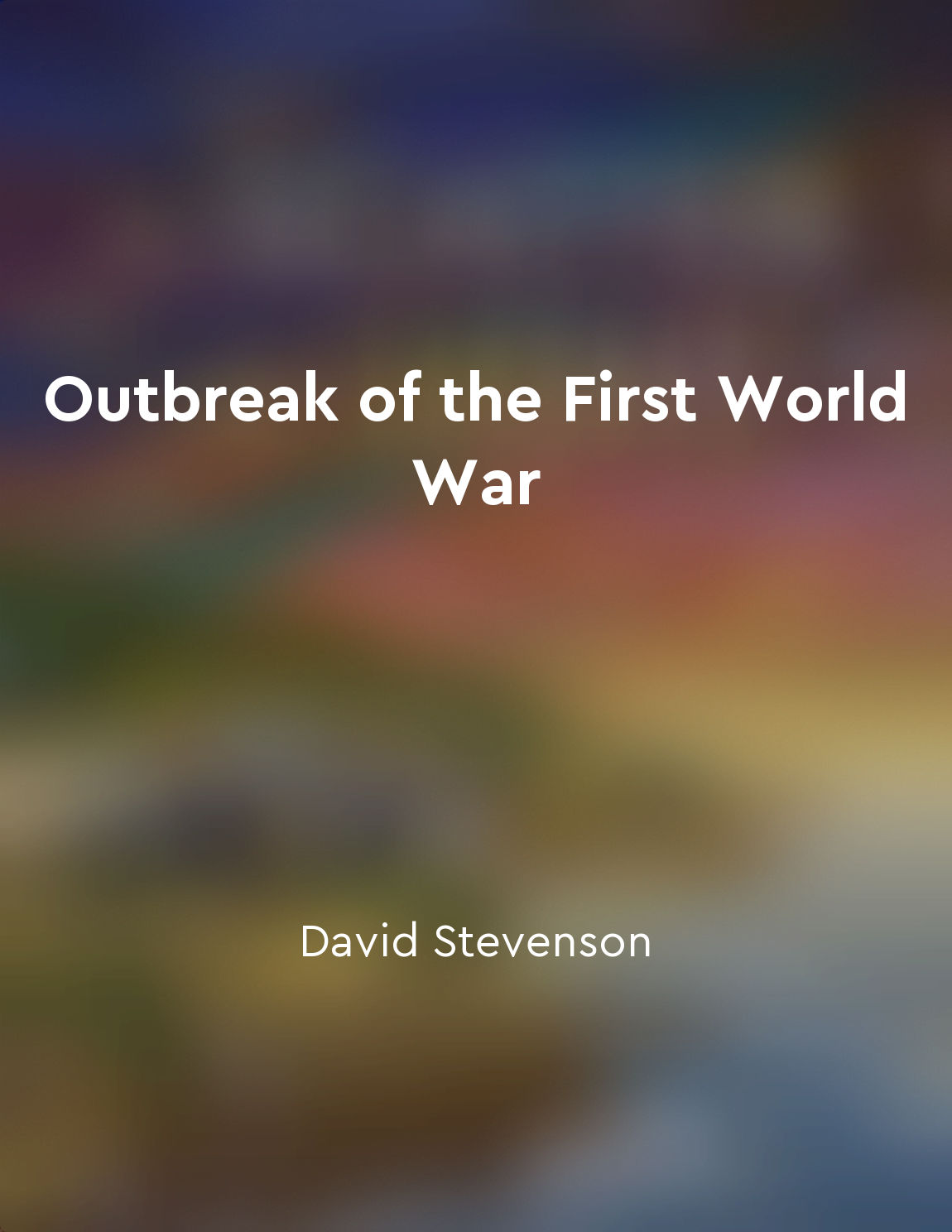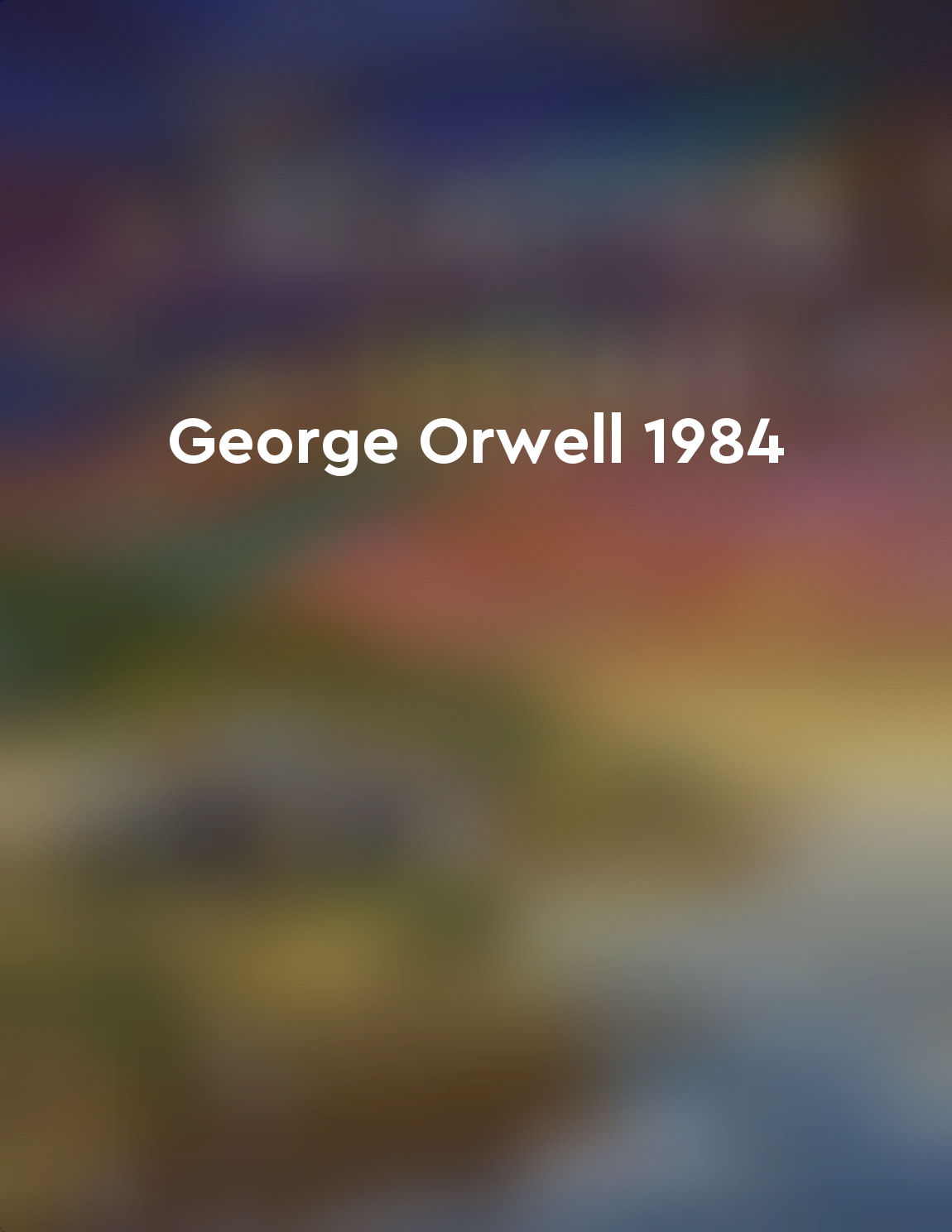War is a natural part of politics from "summary" of Aristotle's Politics by Aristotle
War inevitably arises from the conflicting interests of individuals and states in the political realm. It is a manifestation of the inherent struggle for power and dominance that characterizes human interactions. In the pursuit of their aims, people often resort to violence as a means of resolving disputes and asserting their will. This aggressive behavior is not confined to individuals but extends to groups and nations as well, leading to conflicts on a larger scale. The competition for resources, territory, and influence frequently brings states into conflict with one another. As each seeks to advance its own interests at the expense of others, tensions escalate and ultimately result in armed confrontation. In such a context, war becomes a natural outgrowth of the power dynamics at play in the political arena. It is a brutal but effective means of determining which party will prevail in a given dispute and shape the course of events. Moreover, war serves as a means of establishing and maintaining order within a political community. By demonstrating their strength and resolve on the battlefield, rulers can assert their authority and deter potential challengers. The threat of military force can also be used to compel obedience and ensure compliance with laws and directives. In this way, war becomes a tool of governance, allowing rulers to exercise control over their subjects and maintain stability within the state. Despite its destructive consequences, war is an integral part of the political process. It reflects the fundamental realities of power and conflict that shape human society. By understanding the role of war in politics, we can gain insight into the dynamics of international relations and the behavior of states. Only by recognizing the inherent connection between war and politics can we hope to address the root causes of conflict and strive for a more peaceful world.Similar Posts
The binary of "religious vs secular violence" is too simplistic and fails to capture the nuance of conflicts
The distinction between "religious" and "secular" violence is often presented as a clear-cut binary, with religious violence be...

Stalemates in trench warfare
Trench warfare during the First World War was characterized by a series of stalemates, where neither side was able to make sign...

The threat of nuclear weapons has altered the nature of conflict
The advent of nuclear weapons has fundamentally changed the way nations engage in conflict. With the ability to unleash unprece...

The rise of empires has frequently led to conflict
The emergence of empires throughout history has often been accompanied by clashes and confrontations. The desire to expand and ...

Selfawareness threatens Party control
The Party fears individuals who possess self-awareness. The ability to think critically and question the Party's propaganda pos...
War is a choice, not an inevitable outcome
War is not an inevitable outcome of human existence. It is a choice that we make as individuals, societies, and nations. This p...

The first World War had farreaching consequences
The Great War, which began in 1914 and ended in 1918, had effects that extended far beyond the battlefields of Europe. The conf...
